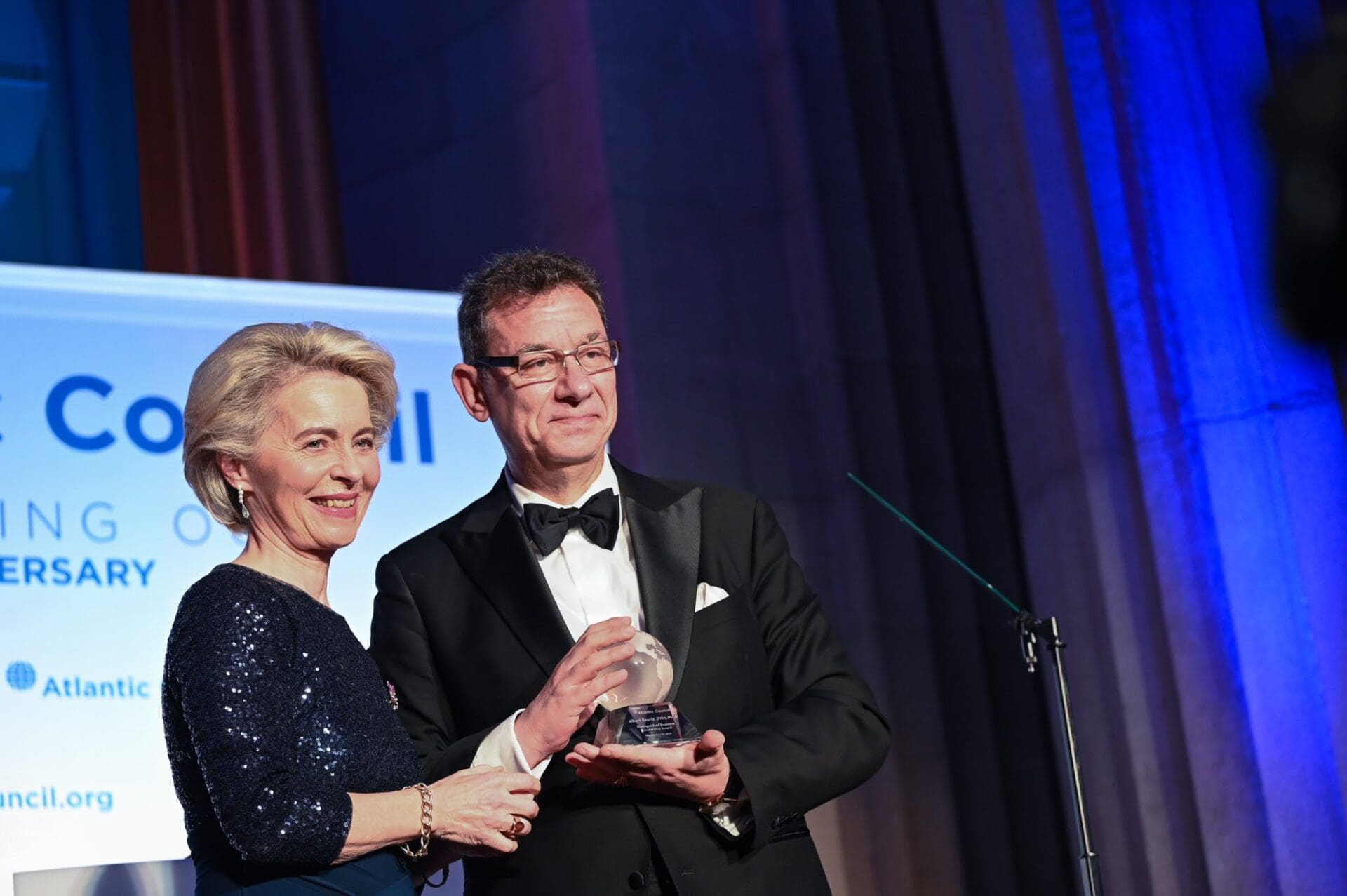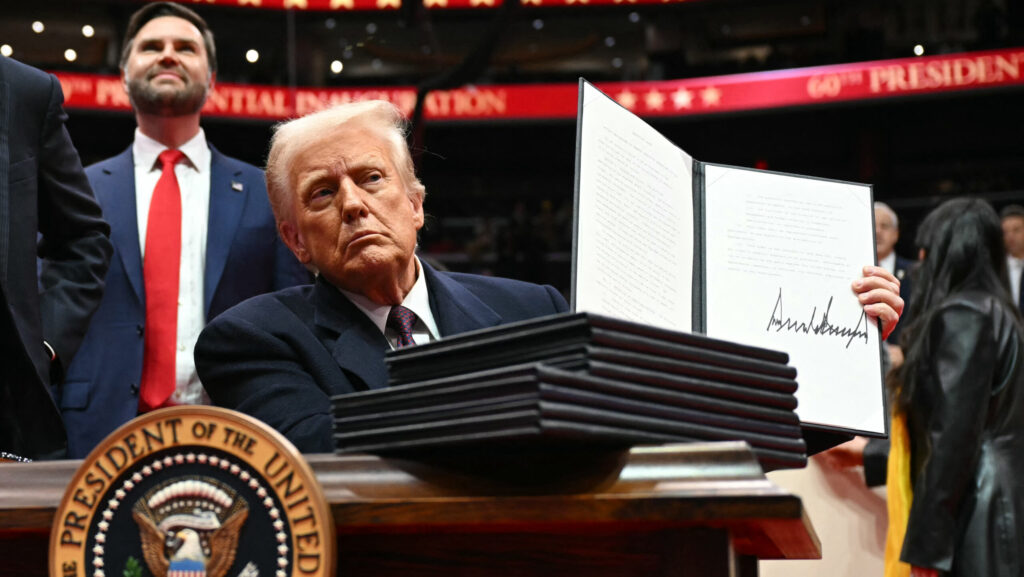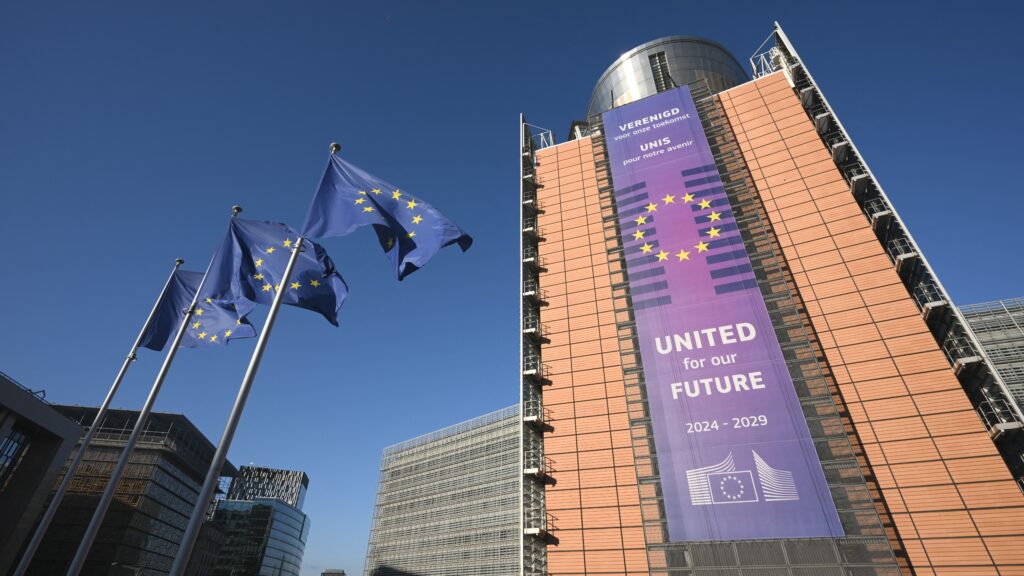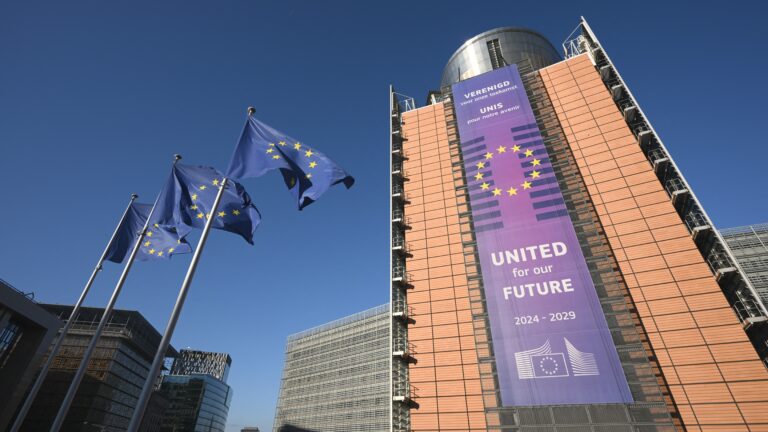Hungary has long been in Brussels’ crosshairs for allegedly being in ‘serious breech’ of the EU’s democratic norms, which in truth simply means that Hungary has a stable, conservative, right-wing government, whose greatest sin is that it has been favoured by Hungarians for more than twelve years. We have already written about the European Commission’s most recent decision of withholding €7.5 billion of different development funds meant for Hungary over its alleged rule of law issues (on top of the €4.6 billion in Covid recovery funds it also froze a year ago), as well as on how Hungary could negotiate its way out of these sanctions, so I won’t go into just how ridiculously biased these allegations are. Instead, let me discuss something closer to home.
One of Brussels’ favourite buzzwords, frequently used in relation to Hungary, is ‘transparency’. If you haven’t noticed, whenever Brussels feels like delegitimising a democratic election, the lack of transparency is among the first things it reaches for. The term is even more convenient to use when accusing a member state of systemic corruption, without even having to elaborate on any details. Well, let us see how transparent the European Union itself is, because if you constantly preach water, don’t be surprised if someone checks whether you are drinking wine. And if this sounds like whataboutism, then I must admit I’m guilty as charged: it’s definitely past time we asked about von der Leyen’s Pfizer deals—or at least about the scraps we can gather about them.
The Deal of the Century
The Covid pandemic was described as many things in its early months, but rarely regarded as the herald for our generation’s biggest gold rush. Yet that’s precisely what it was in the eyes of the big pharmaceutical companies around the world: a golden opportunity to amass a fortune that lasts a lifetime in just a couple of years. They knew that the countries were desperate to buy their vaccines as soon as they become available, and since people’s lives were at stake, only the market and the competition could limit their prices. To secure the best deals, all they had to do was be quicker in vaccine development than their competitors (which, in hindsight, is a questionable strategy) or simply have better connections than them: knowing the right people in the right places.
The European Union wasted no time when it came to vaccines. The Commission decided it was best that vaccine procurement was handled from above, saying that the bloc can negotiate better deals than individual member states. This was probably true, but so is the fact that this way the EC retained complete control over its history’s largest pharmaceutical deal. Brussels was quick to deem the Chinese brands (such as Sinopharm) unsafe to import, while also refusing to buy the Russian Sputnik for ideological and political reasons. What remained, conveniently, were the Western-made vaccines: Pfizer, Moderna and AstraZeneca.
Swedish-British AstraZeneca was picked as the first choice as it promised the shortest delivery time, but later it encountered several production and distribution issues, and Brussels had to look elsewhere while facing backlash over its unfulfilled promises by most members who had not bought a single dose themselves. That was when the European Commission finally brokered a deal with US pharmaceutical giant Pfizer, for six hundred million doses, twelve euros apiece. Then, by the time the EC signed the third Pfizer contract for 1.8 billion doses (making it the number one in the EU’s vaccine portfolio), the price was quietly raised to €19.50 apiece.
That move definitely raised eyebrows. Yes, that contract is worth over €35 billion (!), almost five times the amount that Hungary is being blackmailed over, or roughly one-third of the total damages Ukraine has suffered since the Russian invasion. In other words, a mountain of cash, and the road to the top is paved with temptations.
🇪🇺@EU_Commission is facing the biggest #corruption scandal 🤑 in its history (35 bn euros), yet it is lecturing Hungary & is withholding EU funds from HU because it claims EU funds are misused.
— András László (@laszloan) September 13, 2022
🤡
A picture perfect example of Brussels double standards.https://t.co/bQHe8gXIIo
Mystery Payments, Missing Text Messages and Suspicious Coincidences
Many hidden details have been unravelled about the deal since, and Ursula von der Leyen, the president of the European Commission, as well as several of her close associates, are faced with a growing corruption scandal.
One of the early red flags of possible abuse of power at the highest level was the revelation that von der Leyen had lengthy preliminary negotiations with Pfizer CEO Albert Bourla, in person, over the phone and in texts. This wouldn’t be a problem in itself, but the fact the EC President refused to disclose her text messages with Bourla instantly sounded the alarms. When the first accusations emerged, von der Leyen did not even bother to address the press personally in a bid to save her reputation with plausible excuses, but instead sent her health commissioner, Stella Kyriakides to take the heat alone. The same Stella Kyriakides, by the way, who was involved in several healthcare corruption scandals in Cyprus, maintained close relations with board members of both Pfizer and AstraZeneca for years, and on whose bank account €4 million mysteriously appeared after she was put in charge of the EU’s joint Covid-19 vaccine procurement.
But back to the deleted texts. Von der Leyen claims she has deleted them for security reasons. A strategy that never fails, it seems, as this was not the first time she erased confidential messages from her phone or had a subordinate ‘accidentally’ delete them. The only difference is that those messages were relevant to her role in arms procurement programmes during her time as the German defence minister. That inquiry was only cut short because of her appointment as EC president, largely thanks to her influential mentor, Angela Merkel. When the case was eventually closed in 2020, it exonerated von der Leyen and established instead that it was lesser senior officials who committed the violations and not her. Alrighty then, nothing to see here.
But what about the current scandal? Do we have any reason to believe that the European Commission is withholding von der Leyen’s text messages because they have something to hide? Yes, we do. As a mere coincidence, Ursula von der Leyen’s husband, Heiko von der Leyen is the head of the US-based biotech company Orgenesis, which—surprise—partnered with Pfizer to help develop and test its Covid vaccine’s mRNA component. As the medical Director of the company since 2020, he takes home five times the salary he earned as head cardiologist back in Hannover, in recognition of his newfound expertise in gene therapy (Orgenesis’ main research field).
Conflicts of interests around the Covid vaccines are not confined to the European Commission of course. Many similar coincidences were uncovered around members of the Biden administration as well, but that wouldn’t fit in this article’s scope. Suffice it to say that it would be utterly naïve to expect unelected top politicians (such as all of the EU commissioners) not to jump at the first opportunity to make money. The problem is that they not only appear to be above the law, but that they also have the audacity to lecture others, such as Hungary and Poland, on democratic norms, and to threaten the withholding of vital development funds over ideological differences. Polish deputy minister of agriculture, Janusz Kowalski laid out perfectly the possible consequences of such deep double standards when he commented: ‘Today Hungary, tomorrow Poland. The unlawful cut of EU funds for Hungary is the end of the EU as we know it. Perhaps the end of the EU in general, and even in this decade.’
In the Name of Transparency
Nonetheless, Ursula von der Leyen might not escape justice over the Pfizer contract as easily as she did in her previous scandals. First, an investigative journalist demanded the release of the texts, citing the EU’s core principle on information freedom (transparency, right?), but was quickly stonewalled by the EC. The reporter then turned to the European Ombudsman, Emily O’Riley, who determined that maladministration had taken place, and the Commission ought to release the documents. Still nothing. Then, the European Court of Auditors took the matter into its own hands, recently releasing a report on the issue. The auditors are asking for both the messages and the classified pages of the vaccine contracts to be released in the name of transparency. One of the senior auditors who lead the investigation told POLITICO that they find it highly unusual that the Commission refuses to divulge such vital information. ‘This comes up almost never. It’s not a situation that we at the court normally face’, he said.
In the meantime, more than 150 thousand people have signed a petition demanding the release of the texts. Perhaps that’s all we can do, without much hope for any quick results. After all, the European Commission has the means to blackmail entire nations for not adhering to its ideological agenda, but the people of Europe have no way of holding commissioners accountable. Unelected bureaucrats care not about people: it was money and influence that put them where they are, therefore, only those can remove them. Until then, democratically elected leaders better do as they are told, or else… In the name of transparency, of course.







